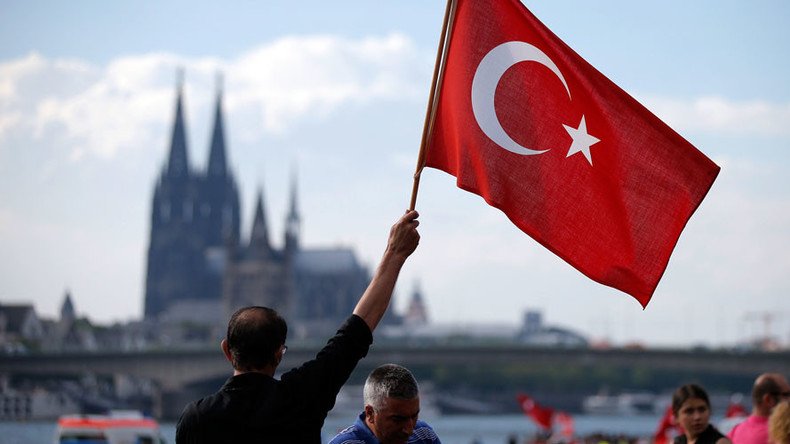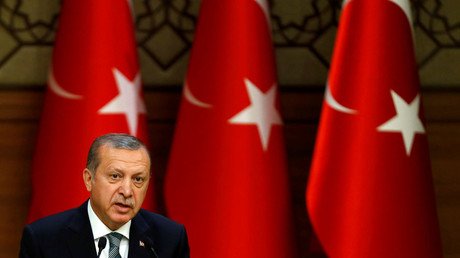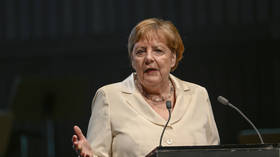Larger than Stasi: Turkey has ‘6,000 agents in Germany’ to oppress Gulenists – reports

An army of “Turkish agents” larger than East Germany’s Stasi threatens the German Turkish diaspora, and its alleged existence raises concerns over intelligence cooperation between the countries, a German security official said.
Turkey’s MIT intelligence service has a network of around 6,000 agents – supported by roughly 500 people of Turkish descent – active all across Germany, an unidentified security official told Die Welt on Sunday.
“It does no longer come to intelligence gathering, it comes to an oppression done by an intelligence agency,” Erich Schmidt-Eenboom, the head of the German Research Institute of the Peace Policy (FF) and a security expert, told Die Welt, commenting on the issue. “Even the Stasi failed to build up such a large army of agents in the Federal Republic.”
The report comes as some officials in Berlin say that Turkish agents not only “oppress” local supporters of self-exiled cleric Fethullah Gulen, but make German secret services’ cooperation with Turkey’s intelligence highly controversial.
The MIT’s “incredible clandestine activities” are taking place in Germany, said Hans-Christian Stroebele, a Green Party MP.
He added that the German intelligence agency BND and the police have to revise their cooperation with Turkish counterparts, “otherwise they would face the danger of being implicated in punishable offenses [carried out by the Turks].”
Clemens Binninger, chairman of the German parliament’s control committee, added that “recent developments in Turkey not only had an impact on security situation, but also on cooperation between intelligence services.”
Germany-Turkey relations deteriorated during 2015 at the height of the migrant crisis, but became especially strained after the failed military coup attempt last month. While Ankara accuses Gulen’s supporters of masterminding the coup, the EU accuses Turkey of using foul practices and persecuting those opposing President Recep Tayyip Erdogan en masse.
Shortly after the coup, some European Turkish organizations siding with Gulen were targeted by an intimidation campaign allegedly staged by Erdogan’s supporters.
“Many of us received death threats,” Ercan Karakoyun, head of the Berlin-based Stiftung Dialog und Bildung, one of the main-pro Gülen think tanks in Europe, told Politico. “I have reported six death threats to the police, and I know many people who have done the same.”
#Gulen supporters in #Netherlands accuse Turkish government of ‘witch-hunt’ https://t.co/1JOeHb0mKwpic.twitter.com/AmAyHpxdqk
— RT (@RT_com) July 30, 2016
He claimed that two members of his organization have been threatened by a local leader of the Union of European Turkish Democrats (UETD), a branch of Erdogan’s AK Party, who reportedly wrote on Twitter: “How do you dare to go out on the streets? For you, there will be no easy death.”
According to a recent report in Suddeutsche Zeitung, schools, shelters, and other facilities deemed to have links with the Gulen movement have been attacked in many German states.
Some social media groups have posted “boycott lists” on the internet that include the names of restaurants and shops allegedly belonging to Gulen supporters.
“The sentiments are very, very aggressive,” Gokay Safuoglu, the head of one of Germany’s Turkish associations, told Suddeutsche Zeitung.













